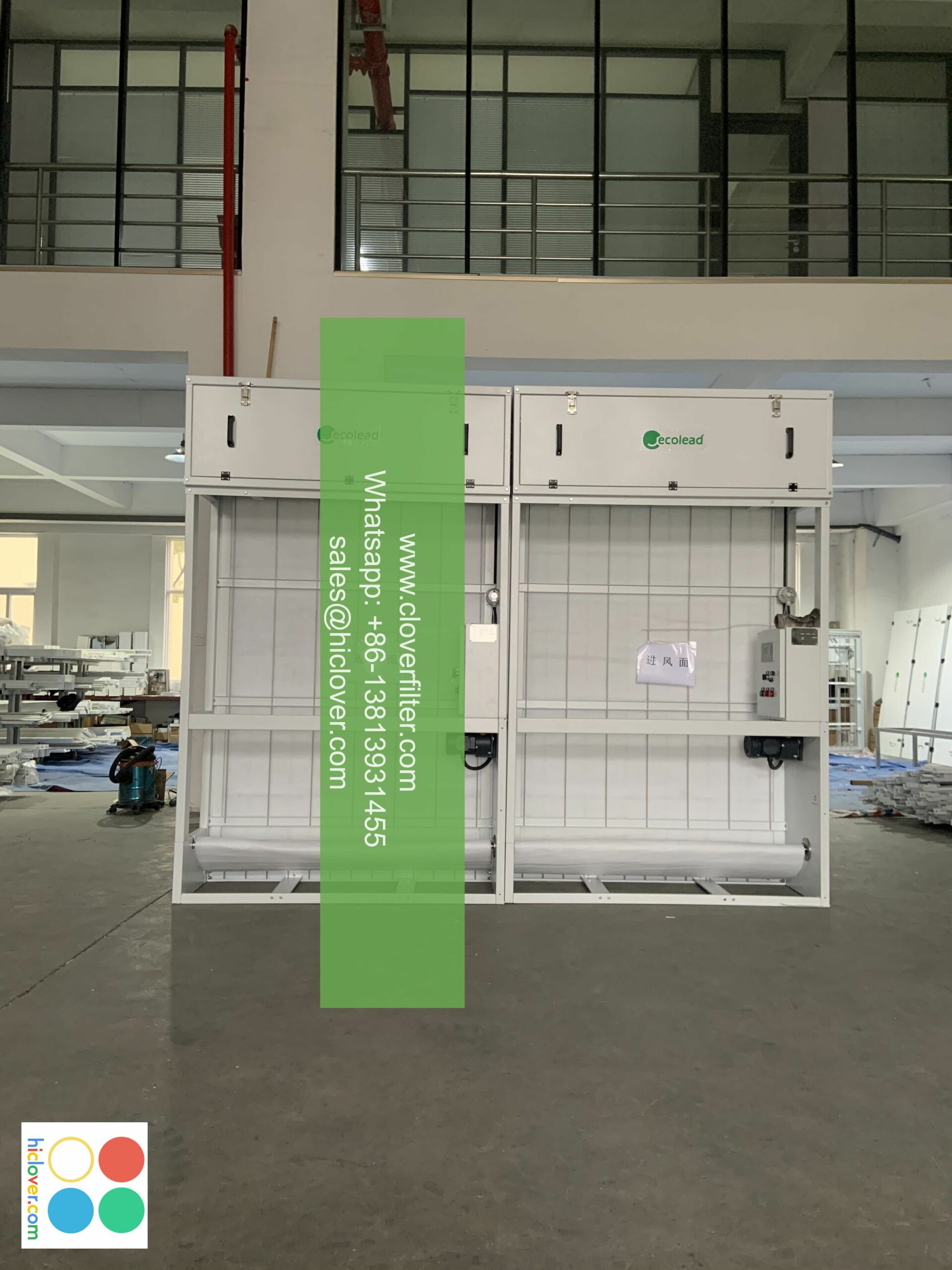Air Filters for Agricultural Equipment: A Guide to Clean Air in Farms and Ranches

As the world’s population continues to grow, the demand for food production has increased significantly, making agricultural equipment a crucial part of modern farming. However, the use of agricultural equipment can generate a significant amount of dust, pollen, and other airborne contaminants, which can be harmful to both humans and animals. In this article, we will explore the importance of air filtration systems in agricultural settings and highlight the various application areas where dust suppression systems and clean air solutions can be used.
## Introduction to Air Filters for Agricultural Equipment
Agricultural equipment, such as tractors, combine harvesters, and plows, can stir up large amounts of dust, pollen, and other airborne particles, which can be harmful to the respiratory system of farmers, farm workers, and animals. Air filter systems can help to remove these contaminants from the air, providing a healthier environment for everyone involved in agricultural activities. HEPA air purifiers and activated carbon filters are commonly used in agricultural settings to remove dust, pollen, and other airborne particles.
## Application Areas for Air Filters in Agriculture
Air filters can be used in various application areas in agriculture, including:
* Farm equipment: Air filters can be installed in farm equipment, such as tractors and combine harvesters, to remove dust and other airborne particles from the air.
* Animal housing: Air filters can be used in animal housing, such as barns and stables, to remove ammonia, dust, and other airborne particles that can be harmful to animals.
* Crop storage: Air filters can be used in crop storage facilities to remove dust and other airborne particles that can contaminate crops.
* Farm buildings: Air filters can be used in farm buildings, such as offices and living quarters, to remove dust, pollen, and other airborne particles that can be harmful to humans.
## Benefits of Air Filters for Agricultural Equipment
The use of air filters in agricultural equipment can have several benefits, including:
* Improved air quality: Air filters can remove dust, pollen, and other airborne particles from the air, providing a healthier environment for farmers, farm workers, and animals.
* Increased productivity: By removing airborne contaminants, air filters can help to increase productivity and reduce downtime caused by respiratory problems.
* Reduced maintenance costs: Air filters can help to reduce maintenance costs by removing dust and other airborne particles that can damage equipment.
* Compliance with regulations: The use of air filters can help farmers and agricultural businesses to comply with regulations related to air quality and worker safety.
## Types of Air Filters for Agricultural Equipment
There are several types of air filters that can be used in agricultural equipment, including:
* Panel air filters: These are the most common type of air filter and are used in a wide range of applications.
* Pleated air filters: These air filters have a pleated design, which allows for a larger surface area and improved airflow.
* HEPA air filters: These air filters use high-efficiency particulate air (HEPA) technology to remove 99.97% of airborne particles as small as 0.3 microns.
* Activated carbon filters: These air filters use activated carbon to remove odors, gases, and other airborne contaminants.
## Conclusion
In conclusion, air filters are an essential component of agricultural equipment, providing a healthier environment for farmers, farm workers, and animals. By removing dust, pollen, and other airborne particles, air filters can help to improve air quality, increase productivity, and reduce maintenance costs. With various types of air filters available, including panel air filters, pleated air filters, HEPA air filters, and activated carbon filters, farmers and agricultural businesses can choose the best air filter for their specific needs. Whether it’s for farm equipment, animal housing, crop storage, or farm buildings, air filters can play a critical role in maintaining clean air and a healthy environment in agricultural settings. It seems like you haven’t actually asked a question or provided a prompt for me to respond to. Could you please provide more context or clarify what you would like to talk about?
